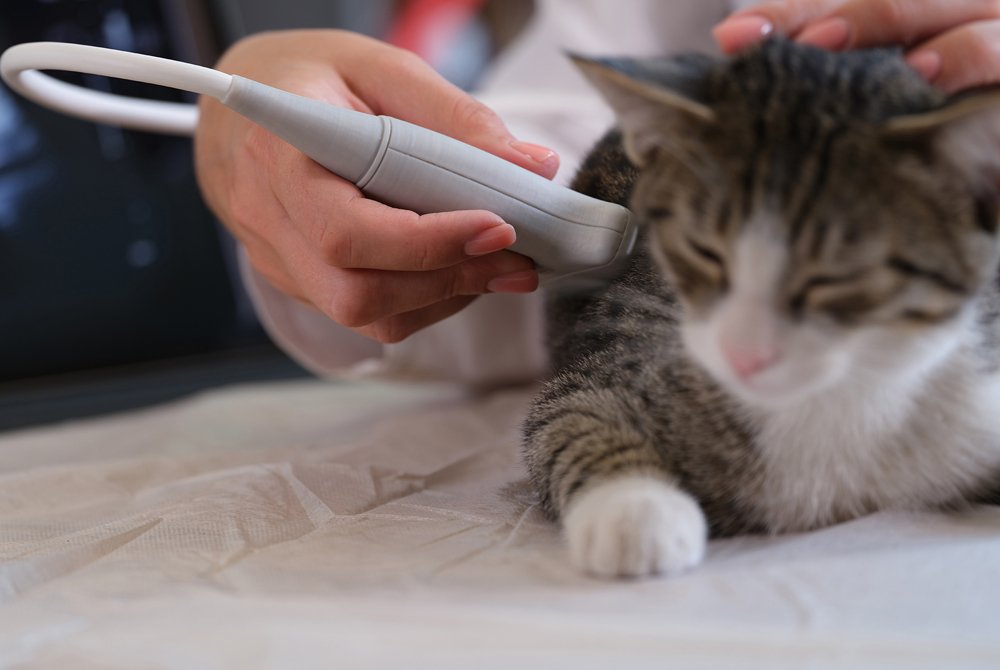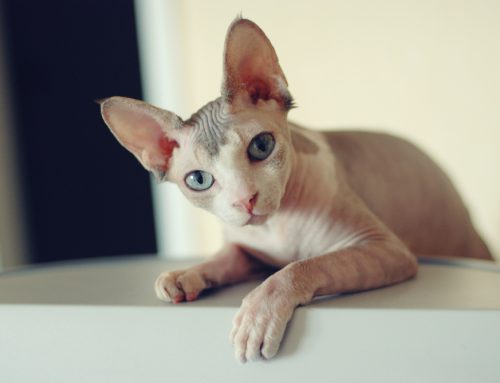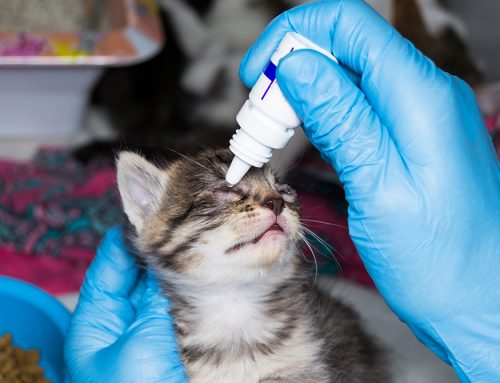Location: Mission Veterinary Clinic,
16915 San Fernando Mission Blvd, Granada Hills, CA 91344
Phone Number: 818-363-8143
Website: missionvet.com
Hours: 9am – 11pm, 7 days a week (Walk-ins only, no appointments)
Overview:
Heartworm disease is a serious and potentially fatal condition caused by parasitic worms (Dirofilaria immitis) that affect the heart and lungs of cats. Although heartworms are more commonly associated with dogs, they can also impact cats, leading to a range of health issues.
How Cats Get Heartworms:
Heartworms are transmitted to cats through mosquito bites. When a mosquito bites an infected animal, it picks up heartworm larvae, which are then transferred to other animals through subsequent bites.
Symptoms:
Cats with heartworm disease may exhibit a variety of symptoms, which can range from mild to severe. Common signs include:
- Coughing
- Rapid or labored breathing
- Vomiting
- Loss of appetite
- Lethargy
- Sudden death (in severe cases)
Diagnosis:
Diagnosing heartworm disease in cats can be challenging because the symptoms can mimic other conditions and heartworms are less common in cats than in dogs. Veterinarians typically use a combination of the following diagnostic tools:
- lood Tests: To detect the presence of heartworm antigens or antibodies.
- X-rays: To assess the condition of the heart and lungs.
- Ultrasound: To identify heartworms within the heart.
Treatment:
There is no approved treatment for heartworm disease in cats like there is for dogs. Treatment options are limited and may focus on managing symptoms and providing supportive care. In severe cases, hospitalization and intensive care may be required.
Prevention:
Preventing heartworm disease is crucial for the health of your cat. Monthly heartworm preventatives, available in oral or topical forms, are highly effective. It is important to administer these preventatives year-round, even in areas where mosquitoes are less prevalent.
What You Can Do:
- Regular Check-ups: Schedule routine veterinary visits to monitor your cat’s health and discuss heartworm prevention.
- Mosquito Control: Reduce mosquito exposure by keeping your cat indoors during peak mosquito activity times and using mosquito repellents.
If You Suspect Heartworms:
If you notice any symptoms of heartworm disease in your cat or have concerns about their health, please bring your pet to Mission Veterinary Clinic. As an urgent care facility, we are equipped to provide immediate assistance on a walk-in basis.
For more information or to speak with a veterinary professional, call us at 818-363-8143.
Prevention is Key:
By staying proactive with prevention and regular veterinary care, you can help ensure your cat remains healthy and free from heartworm disease.
For further details or to schedule an urgent visit, please contact Mission Veterinary Clinic.










Leave A Comment